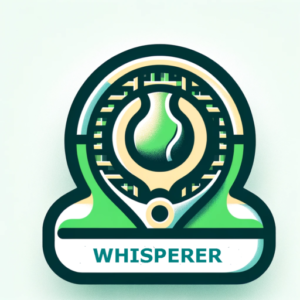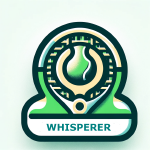Nerves: “My Nerves Really Got the Better of Me”
Nerves: “My Nerves Really Got the Better of Me”
Madison Keys has never been one to hide from the truth. After her loss to Renata Zarazúa in the US Open, she admitted something every competitor—whether in a Slam or a club match—has felt: nerves can take over.
“For the first time in a while, my nerves really got the better of me, and it kind of became a little bit paralyzing. I felt like I was just slow, I wasn’t seeing things the way I wanted to, which resulted in a lot of bad decisions and lazy footwork.”
It’s striking to hear this from a player who has already lifted a Grand Slam trophy this season. But Keys’ honesty reminds us of a universal truth: nerves don’t discriminate. They can hit when you least expect them, even in a “career year.”
Why Nerves Feel Paralyzing
Sports psychology has long studied what happens when pressure turns excitement into fear. Muscle tension creeps in, footwork slows, and decision-making clouds. In tennis, where balance and quick first steps are everything, being half a beat late can unravel an entire game plan.
As Keys put it herself: “I felt like I was just slow, I wasn’t seeing things the way I wanted to, which resulted in a lot of bad decisions and lazy footwork.”
Nerves Mean You’re Ready
Here’s the irony: nerves are not a sign of weakness. They’re a sign of readiness.
Bruce Jennings, before breaking world records, used to throw up from nerves. Serena Williams admitted she still felt “shaky” before major finals, despite more than two decades at the top. Rafael Nadal, throughout his career, relied on rituals—placing his bottles just so, adjusting his shorts, bouncing on the baseline. These weren’t quirks, but anchors. They channeled nervous energy into rhythm and control.
As uncomfortable as they feel, nerves are your body’s way of saying: you’re about to do something important. With age, those nerves can intensify—performance anxiety tends to grow sharper, not softer. For juniors, it often shows up differently: the fear of disappointing coaches or family. And sometimes, that pressure leaks out in unhealthy ways, like bending the rules or even cheating.
Practical Ways to Tame Nerves
The good news: nerves can be managed. Not eliminated—because nerves mean you care—but managed.
-
Pre-Match Rituals: Creating a consistent routine (listening to music, breathing exercises, visualization) helps anchor the mind.
-
Left-Hand Squeeze: Research shows that squeezing a tennis ball with the non-dominant hand before serving reduces overthinking and steadies execution.
-
Footwork Focus: Returning to basics—split steps, prep steps, crossover moves—can reestablish rhythm when your brain feels foggy. Rafael Nadal built his match-play identity around such details. At the start of matches, he would sprint to his return position—not just out of habit, but to keep his heart rate elevated and his body engaged. That simple ritual ensured his footwork was alive from the first ball—a reminder that movement patterns can settle the nerves before strokes ever do.
-
Mini-Resets on Changeovers: Think of changeovers as built-in reset buttons. Slow your breathing, towel off, replay the previous points briefly in your head—and then let them go. Use those ninety seconds to shift attention forward: What’s the next serve target? What’s the next tactical adjustment? Just as Keys spoke about the need for longer training “reset blocks” during a season, these mini resets in a match help restore balance, calm nerves, and re-enter play with clarity.
Whisper Tip:
Madison Keys’ candid reflection is a reminder that tennis is as much mental as physical. Nerves will always surface—but they don’t have to define the match. Some days, particularly when you’re tired or not feeling well, you just can’t get over the hump. Even so, the real secret to tennis is simple: just keep turning up.
Nerves don’t mean you’re unprepared. They mean you’re ready to play. The real question is: can you perform when it matters?




